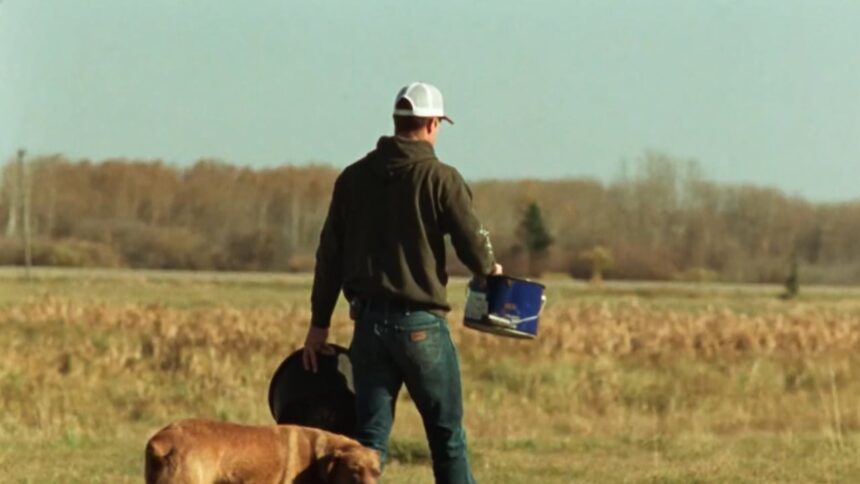In the predawn darkness, when most Canadians are still asleep, farmers across the country are already facing their day—and for many, it’s not just the physical demands weighing heavily, but an invisible struggle that’s finally coming to light.
A groundbreaking new documentary examining the mental health crisis among Canadian farmers has been gaining significant attention since its release last month. The film, “The Weight of the Harvest,” provides an intimate look at the psychological toll of agricultural life that has long remained hidden behind the romanticized image of rural living.
“I’d be smiling while selling produce at the market on Saturday, then crying in my truck on Sunday wondering how we’d make mortgage payments,” reveals Martin Fournier, a third-generation Quebec farmer featured in the documentary. “There’s this expectation that farmers are supposed to be resilient, to weather any storm—literal or figurative.”
The documentary highlights alarming statistics: farmers experience rates of psychological distress, anxiety, and depression significantly higher than the general population. According to recent research from the University of Guelph, over 45% of Canadian agricultural producers report high levels of stress, with nearly a third experiencing symptoms consistent with clinical depression.
What makes this crisis particularly troubling is the perfect storm of pressures unique to farming. Climate change has introduced unprecedented weather volatility, with floods, droughts, and unseasonable frosts destroying entire seasons of work in days. Financial pressures continue mounting as input costs rise while commodity prices remain unpredictable. Meanwhile, economic policies often favor large corporate operations over family farms.
“We’re seeing generational farms—operations that have been in families for a century or more—being lost,” explains Dr. Kendra Williams, an agricultural psychologist who served as a consultant for the film. “The shame and grief associated with that loss is profound. It’s not just a business failing; it’s the dissolution of an identity and legacy.”
The documentary doesn’t merely identify problems—it showcases emerging solutions. Farmer-to-farmer support networks are gaining traction across rural communities, while provincial agricultural policies are beginning to incorporate mental health resources. Organizations like Do More Agriculture Foundation are working to destigmatize conversations around psychological wellness in farming communities.
What makes the film particularly powerful is its unflinching examination of masculinity in rural settings. Traditional notions of stoicism and self-reliance, while valued attributes in agricultural communities, have created barriers to seeking help. The documentary features several male farmers discussing their reluctance to acknowledge mental health challenges and their eventual paths to finding support.
“I thought asking for help meant I was weak,” says William Patterson, a cattle rancher from Alberta. “Now I realize it was the strongest thing I’ve ever done.”
The documentary arrives at a critical moment, as Canada’s agricultural sector faces unprecedented challenges from climate change, market volatility, and shifting global trade patterns. The psychological resilience of those who produce our food may prove as important as the environmental and economic sustainability of their operations.
As our society continues to examine the true cost of food production, a question emerges that extends beyond farming communities to every Canadian who eats: In a world where we meticulously track the environmental and economic costs of agriculture, have we been overlooking the human toll on those who feed us?

























